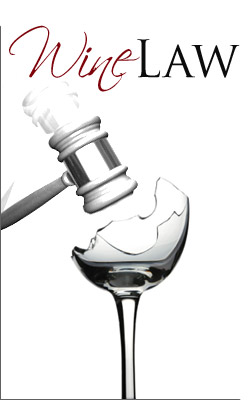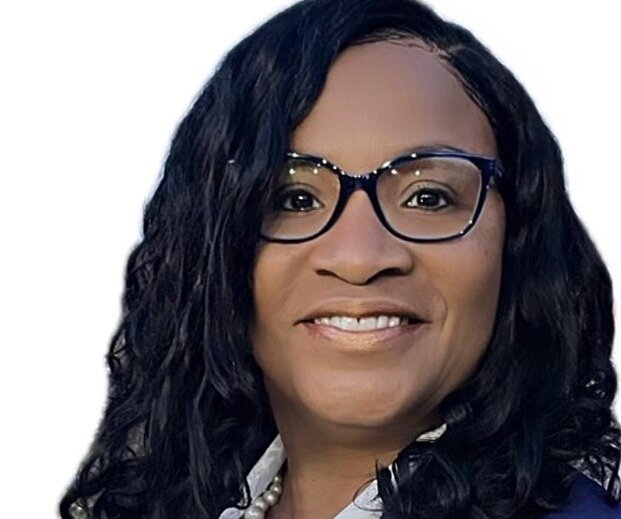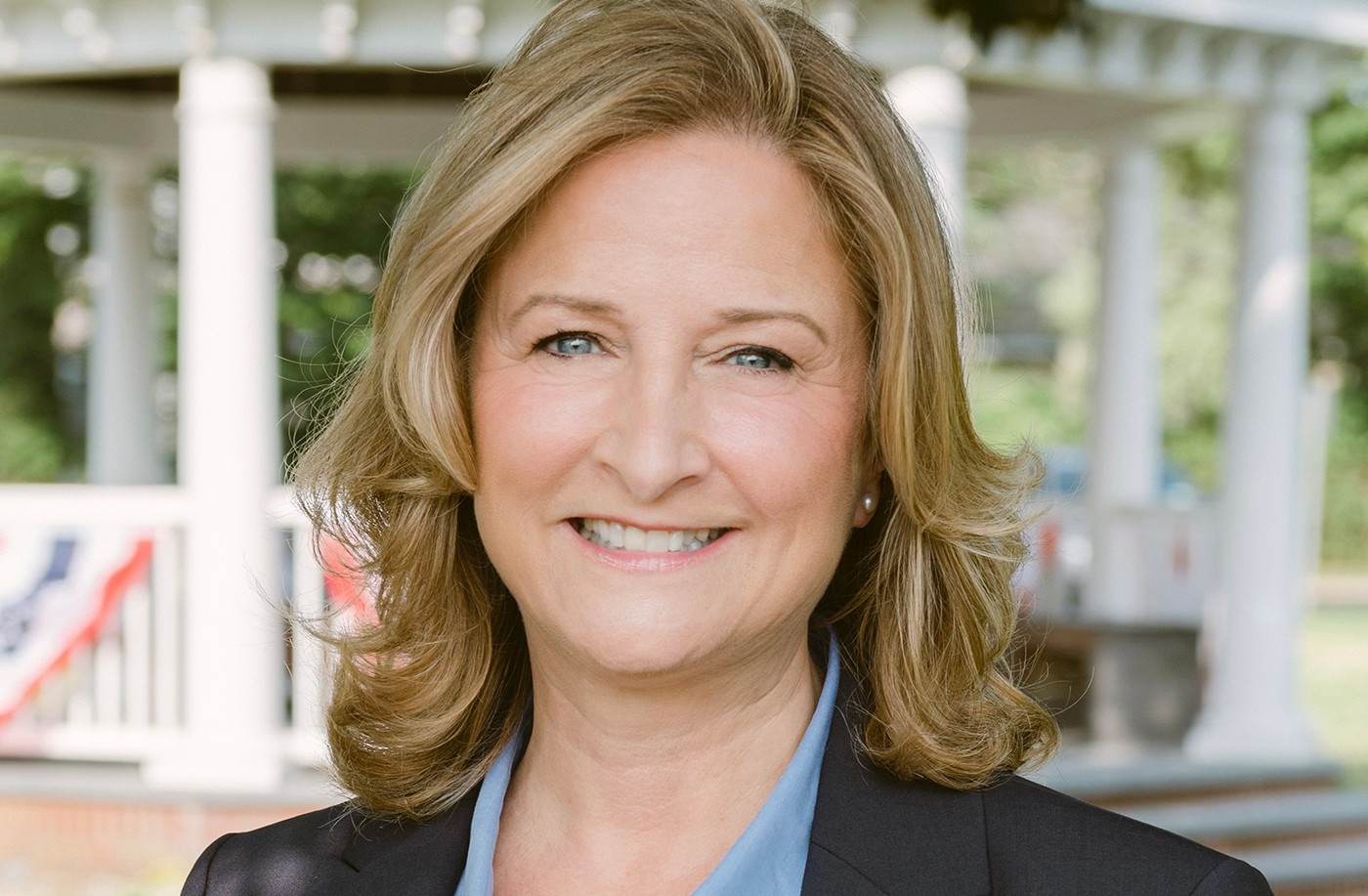If New York State Winery Laws Have Relaxed, You Can Too

Farm wineries and craft breweries, which are plentiful on the East End, have achieved a major legal victory. The New York State Legislature has recently passed a measure, which was sponsored by Assemblyman Fred W. Thiele, Jr. from Sag Harbor, to ease the tax burden of these wineries and breweries by relieving them from a burdensome filing requirement. With a unanimous vote of 140-0 in the State Assembly, small wineries and breweries have gained more time to focus on their businesses, instead of paperwork.
Previously, the state required all wineries and breweries to keep track of and report every sale made to restaurants, bars, and other retailers. For small farm wineries and craft breweries, this resulted in an onerous and unnecessary amount of tax filing, with a high financial cost.
“Farm wineries were being treated as if they were liquor wholesalers,” Assemblyman Thiele explained. “The farm wineries out here on the East End, these are small operations, they’re family operations. We’re not talking about big, major corporations that may have had the resources to make these filings.” Instead of focusing on their products and building their businesses, these groups were bogged down in the office for a significant amount of time.
The new requirements exempt them from reporting these types of sales to the New York State Department of Taxation. Farm wineries are licensed to produce no more than 150,000 gallons annually, and farm distilleries no more than 35,000 gallons. Thus, supporters argue, their sales account for a very small percentage of retailers’ overall purchases.
In addition, these businesses will still be required to maintain sales records under requirements imposed by the State Liquor Authority, and the Department of Taxation can request to see them. Joe Gergela, the Executive Director of the Long Island Farm Bureau, noted, “Any information the state needs, they can get—they don’t need to require paperwork.” He added that when wineries sell to wholesalers, it is redundant for them to file paperwork as well as the other parties.
Moreover, wineries and breweries are already under strict regulations because of the nature of their industry. There are many federal and state regulations on the alcohol business, including much administrative work. The tax filings for small wineries and breweries that have been lifted were merely an extraneous and secondary approach to getting financial information.
“It’s not a tax exemption, tax reduction, or tax relief—it’s paperwork relief,” emphasized Larry Perrine, CEO and partner of Channing Daughters winery in Bridgehampton. “It’s a report that we no longer have to submit that takes between 80 and 100 hours a year.” Perrine oversees the legal operations, financial planning, and money management for Channing Daughters, and now he has more time to grow his business instead of filing what he deemed “unnecessary reports.”
The local agricultural community, especially the Long Island Farm Bureau, has lauded the new regulations for supporting the farms of the East End. Since there are so many small businesses on the East End, especially wineries, it is critical to support them for the economic health of our region.
Steve Bate, Executive Director of the Long Island Wine Council, highlighted the tourism aspect of Long Island wineries. “Tourism is a big part of the wineries’ business out here,” he said. “It’s growing quite a bit and continues to grow, and it is a very, very important contingent for the local economy.” Wineries bring tourists to the area, which in turn support other local businesses. The new legislation promotes the health and vitality of farm wineries and distilleries, and thus the rest of the region. Even further, Thiele believes that by improving the overall economic climate, “It means more jobs for wineries here on the East End.”
There has been a small amount of opposition to the new tax filing plans, from groups such as Mothers Against Drunk Driving (MADD) who believe that alcohol industries should be regulated more and not less. “We understand the need for responsibility and accountability,” said Gergela. “It’s not going to harm the public, but it is going to relieve the responsibility for onerous paperwork.” The initiatives build local agriculture and support local businesses: “This is good for Long Island.”
Perrine was one of the key players in getting this legislation approved. Meeting with assemblypersons, senators, and committees, Perrine worked with others such as the Long Island Farm Bureau and the representatives in Albany to make it happen. After making the first phone call to Thiele to shed light on the issue, Perrine worked with others to convince the taxation agencies that the impact of repealing the original rules would be negligible. “It was a piece of legislation that…we had heard really from the grassroots, from the local wineries that we have here,” noted Thiele. After circulating it in 2011, Governor Andrew Cuomo endorsed the bill this year and it was adopted.
Through all the stories of gridlock in the government, this is a win-win story. “It is very satisfying when you work through the process and it does happen and you’re successful,” Perrine added. “And it took a lot of people to do this.”
The new rules only apply to businesses that qualify as farm wineries and craft breweries. As Bate noted, “we do have some small commercial wineries who still have to do the filing.” He hopes that it can extend to all New York licensed producers. For the time being, farm wineries and distilleries are relieved from the burden, and excited for the opportunity to grow their businesses without a growth in paperwork. As Assemblyman Thiele put it, “It is less time that the wineries can spend on paperwork, and more time making wine.”



